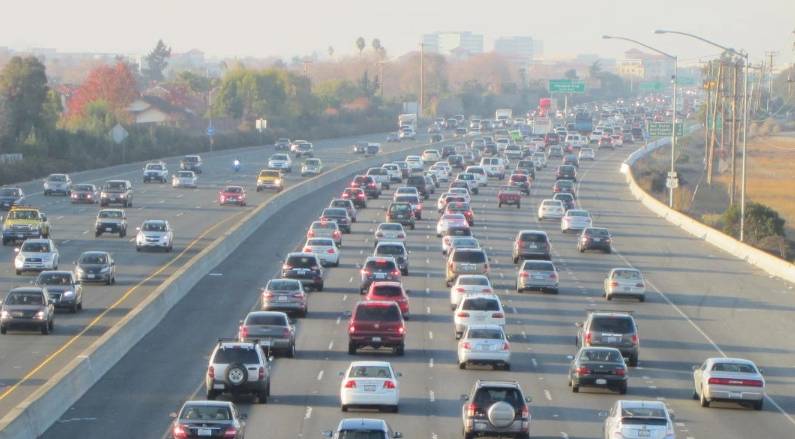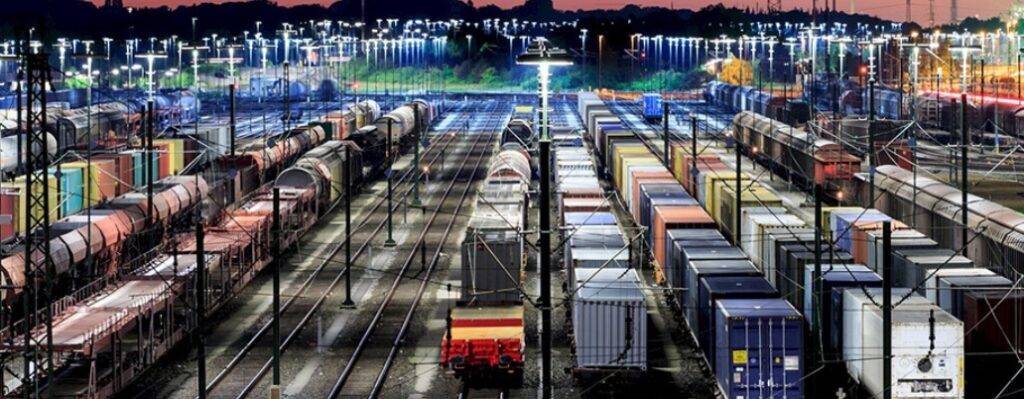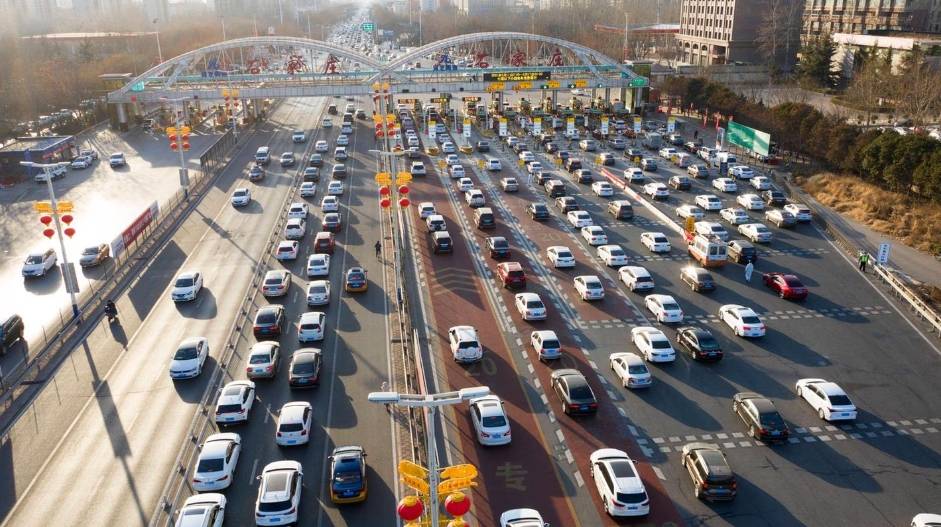Transportation ministers are advocating for the expansion of Germany’s autobahns, potentially with ten lanes, while mobility researchers and railway representatives envision a different future, on the rails.
They believe that the focus should be on expanding and improving the railway system instead of expanding the autobahns. They believe that this will be a more sustainable and efficient solution in the long run.
Andreas Knie, the head of the research group Digital Mobility and Social Differentiation at the Berlin Science Center, argues that the problem of overcrowded streets and highways cannot be solved by building more freeways. Research repeatedly shows that building more roads leads to more traffic over time, instead of alleviating it, as Transport Minister Volker Wissing claims. Knie argues that the root cause of the problem is the low transport costs, which often don’t reflect the true cost of the goods being transported, leading to overuse of the roads.
Daniela Morling, a spokesperson for the European railway network “Die Güterbahnen”, stated at a press conference on Monday that the solution to the congested roads lies in a shift to rail transportation. “We believe that we are underestimated here,” she said.
Distorted Numbers

Wissing believes that it is unrealistic to expect all the goods to be shifted from road to rail. According to the transport minister, road transportation currently carries ten times more goods than rail, with the amount of freight increasing every year. He believes that rail alone is unable to handle this amount of goods.
However, when considering the distance of the goods being transported, rail performs much better. In 2021, 131 billion tonne-kilometers of goods were transported by rail, while 506 billion were transported by road. This means that trains transport less than trucks, but not ten times less, but nearly four times less.
Moreover, Wissing and his ministry believe that the trend of goods transport will continue to lean towards road transportation. “According to a recent study, road freight traffic is expected to increase by 34% by 2051,” Wissing told the Reutlinger General-Anzeiger. However, the spokesman for railway and freight transport associations raised questions about the origin of this number during the press conference.
According to the association “Die Güterbahnen”, the future of freight transportation looks much different from what the Transport Minister, Volker Wissing, predicts. Currently, rail freight accounts for 20.2% of the market, but by 2053, it could increase to 35%. This would result in 10 to 15% fewer trucks on German roads, as stated by the association.
However, planning and financing security are crucial for this to happen. Malte Lawrenz from the Association of Freight Car Owners (VPI) stated during the press event that private investors are already investing in expanding rail freight transport without public funding. However, the private sector cannot handle major projects like expanding the infrastructure and digitizing and automating the railways on their own.
Decarbonization on the Autobahn?

Furthermore, expanding the highways will not resolve many of the issues in freight transport, such as the shortage of truck drivers or the limited space at rest stops. Most importantly, it will not address one of the key challenges that Wissing must tackle: the decarbonization of transportation.
According to the amended Climate Protection Act of 2021, the transportation sector is only allowed to emit 85 million tons of CO2 in 2030. In 2021, it was around 148 million tons, three million more than what was specified for that year.
According to Knie, Wissing’s plan to meet the requirements of the Climate Protection Act by using more climate-neutral vehicles is unrealistic. Knie states that there are only a few trucks that run on batteries or hydrogen and there won’t be anything significant on the road in the next 10 to 25 years. Despite this, Wissing wants to “enable climate-neutral traffic on the road, with more e-cars and CO2-neutral fuels, also in freight transport,” as he told “Bild am Sonntag”.
However, what is already available and could be improved with some investment and time is the railway network. Professor Matthias Gather, who specializes in Transport Policy and Spatial Planning at the Erfurt University of Applied Sciences, expressed frustration that this is often overlooked. While many innovative solutions for the future of passenger transport are being discussed, freight transport is being left in the “neglected corner of transport policy.”

